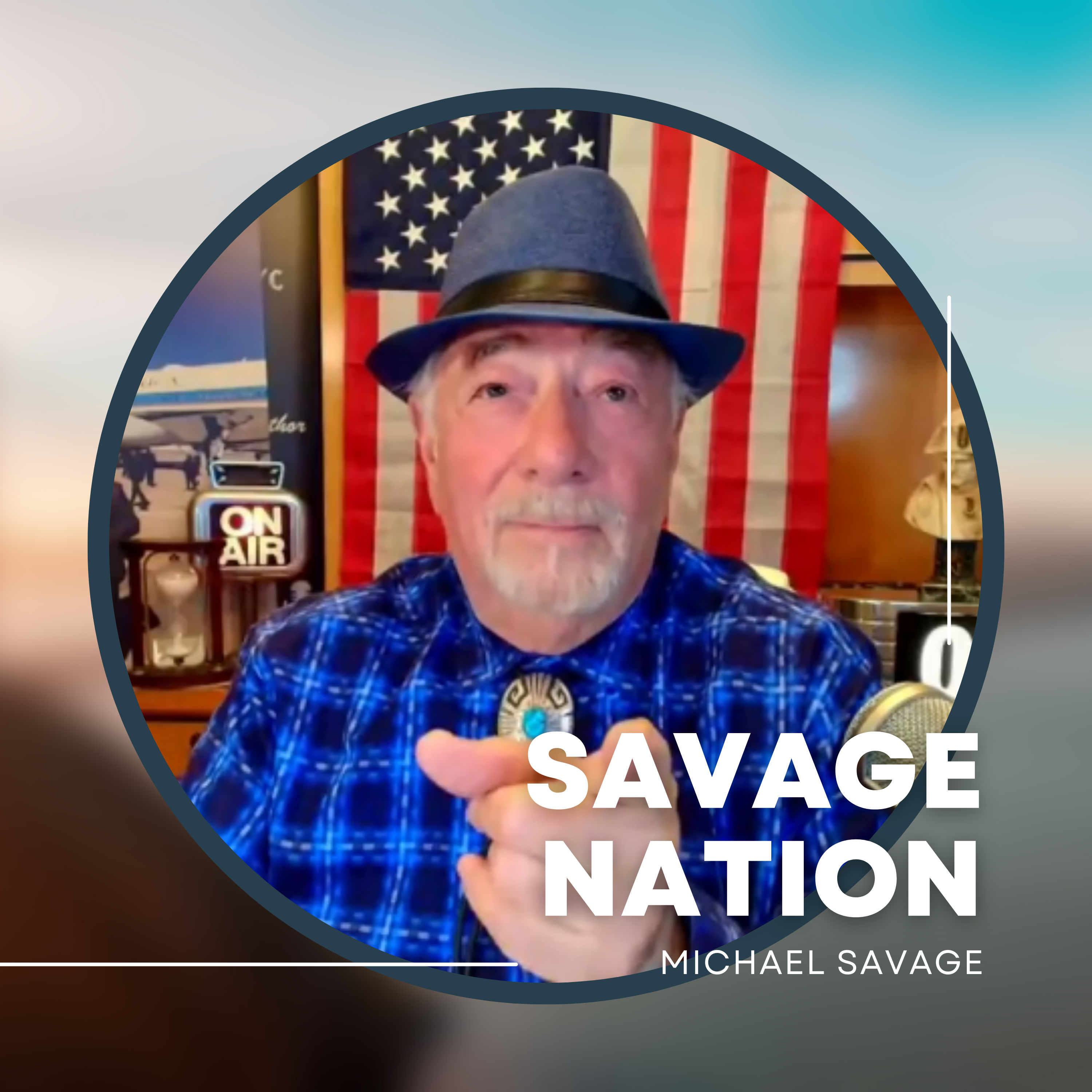
Think First with Jim Detjen
Think First is a short-form podcast that makes you pause — before you scroll, share, or believe the headline.
Hosted by Jim Detjen, a guy who’s been gaslit enough to start a podcast about it, Think First dives into modern narratives, media manipulation, and cultural BS — all through the lens of gaslighting and poetic truth.
Some episodes are two minutes. Some are an hour. It depends on the story — and the energy drink situation.
No rants. No lectures. Just sharp questions, quick insights, and the occasional laugh to keep things sane.
Whether you’re dodging spin in the news, politics, or that “trust me, bro” post in your feed… take a breath. Think first.
Visit Gaslight360.com/clarity to sharpen your BS filter and explore the 6-step clarity framework.
🚨Distorted is set to release on February 10, 2026, and pre-orders are now available on Ingram, Amazon, and Barnes & Noble.
Reserve your copy today — and join me in cutting through the distortion.
Paperback and Kindle: Amazon
Hardcover: Barnes & Noble
Think First with Jim Detjen
#71 Jimmy Kimmel, Charlie Kirk, and the Line Between Satire and Spin
When Jimmy Kimmel tied the “MAGA gang” to Charlie Kirk’s assassination, it wasn’t just a joke — it was a spark. The fallout got his show suspended, affiliates pulled the plug, and even the FCC weighed in. Was it satire gone wrong… or political messaging with a laugh track?
In this episode of Think First, we cut through the outrage to ask:
- Where’s the line between comedy and propaganda?
- When does free speech protection collide with corporate censorship?
- And what happens when regulators and networks decide which words get airtime?
Along the way, we bring in audio of Kimmel’s remarks, reactions from critics and supporters, and a maxim from my new book Distorted: How Gaslighting and Poetic Truth Bend Our Perception of Reality.
Because you don’t need all the answers. But you should question the ones you’re handed.
Stay sharp. Stay skeptical. #SpotTheGaslight
Read and reflect at Gaslight360.com/clarity
This is Think First, where we don't follow the script. We question it. Because in a world full of poetic truths and professional gaslighting, someone's got to say the quiet part out loud. A man is assassinated. The country reels. And then a late-night host steps up and says, Well, something you're about to hear.
SPEAKER_00:We had some new lows over the weekend with the MAGA gang desperately trying to characterize this kid who murdered Charlie Kirk as anything other than one of them, and doing everything they can to score political points from it.
SPEAKER_01:That line, it got him suspended. Stations blacked him out, FCC pressure mounted, and here's Kimmel on his return, courtesy of ABC News.
SPEAKER_00:And the truth is, I don't think what I have to say is gonna make much of a difference. If you like me, you like me. If you don't, you don't. I have no illusions about changing anyone's mind. But I do want to make something clear because it's important to me as a human, and that is uh you understand that it was never my intention to make light of the murder of a young man. I don't think there's anything funny about it. I posted a message on Instagram on the day he was killed, sending love to his family and asking for compassion, and I meant it, and I still do. Uh, nor was it my intention to blame any specific group for the actions of what it was obviously a deeply disturbed individual. That was really the opposite of the point I was trying to make, but I understand that to some that felt either ill-timed or unclear, or maybe both. And for those who think I did uh point a finger, I get why you're upset. If the situation was reversed, there's a good chance I'd have felt the same way.
SPEAKER_01:Let's lock down the facts. Kimmel's line about the MAGA gang came after Charlie Kirk's assassination in Utah. ABC suspended Jimmy Kimmel live for nearly a week. Major affiliates like Nexstar and Sinclair refused to carry reruns or even his return episode. The FCC chair hinted at regulatory consequences. On his return, Kimmel expressed regret, but doubled down on the free speech frame. That's the timeline. Now comes the question: what do we do with it? Here's the thing. Kimmel didn't stumble into a joke. He deployed a line. It wasn't improv. It wasn't a slip. It was deliberate framing. And if you suggest millions of people are complicit in murder, you're not Johnny Carson. You're a political operative with better lighting. Critics said he smeared a movement with no evidence. He used grief as a political prop. Supporters said, if networks can suspend you for one line, free speech is already in hospice. Comedy's job is to push the line, even when it misfires. And both camps, ironically, have a point. This is where my book, Distorted, comes in handy. One of the maxims says, gaslighting doesn't erase memory, it erodes confidence in it. That's the danger here. When political messaging gets smuggled in as satire, it's easy to doubt what we heard. Was it comedy? Was it commentary, or was it choreography? So let's zoom out. Who gets to decide what's too far? The host, the network, or the government? Should satire get special protection even when it drifts into propaganda? And what's more dangerous, one bad line on TV, or institutions setting the precedent to silence speech that they don't like? Because censorship never starts with the speech you love, it starts with the speech you hate. Here's where I land, tentatively. Kimmel's remark was reckless. It wasn't satire, it was a narrative push. But the response, pulling shows, blackouts, and FCC saber rattling, that's worse. Because when government pressure decides what comedy airs, we're no longer arguing about Jimmy Kimmel. We're arguing about whether free speech has a pulse. So here's the line to hold. If free speech only covers words we like, it's not free speech at all. And if comedy is just a mask for politics, we need to name it honestly, without yanking the mic. The question isn't whether Kimmel should have said it. The question is whether we're willing to let regulators and networks decide what we get to hear. And that, my friends, is no laughing matter. When a joke starts sounding less like satire and more like a political talking point, and censorship starts looking like crowd control, that's when you don't just laugh or change the channel. That's when you stop and think, because you don't need all the answers. But you should question the ones you're handed. Until next time, stay skeptical, stay curious, and always think first. By the way, if today's episode left you thinking about how narratives twist and bend, that's the heart of my new book, Distorted, how gaslighting and poetic truth bend our perception of reality. Inside are maxims, short, sharp lines built to cut through the fog. It's not a political book, it's a survival manual for cutting through the spin, the gaslighting, the poetic truths that get dressed up as facts. If you like Malcolm Gladwell, Jonathan Haidt, George Orwell, or the kind of writing that makes you see the world differently, you'll feel at home here. The hardcover and paperback drop October 14th, but what matters most right now are digital downloads. The ebook is just$9.99, and early reviews before launch make all the difference. So if you believe in this work, grab the digital version and leave a review. That's how we cut through the noise together.
Podcasts we love
Check out these other fine podcasts recommended by us, not an algorithm.
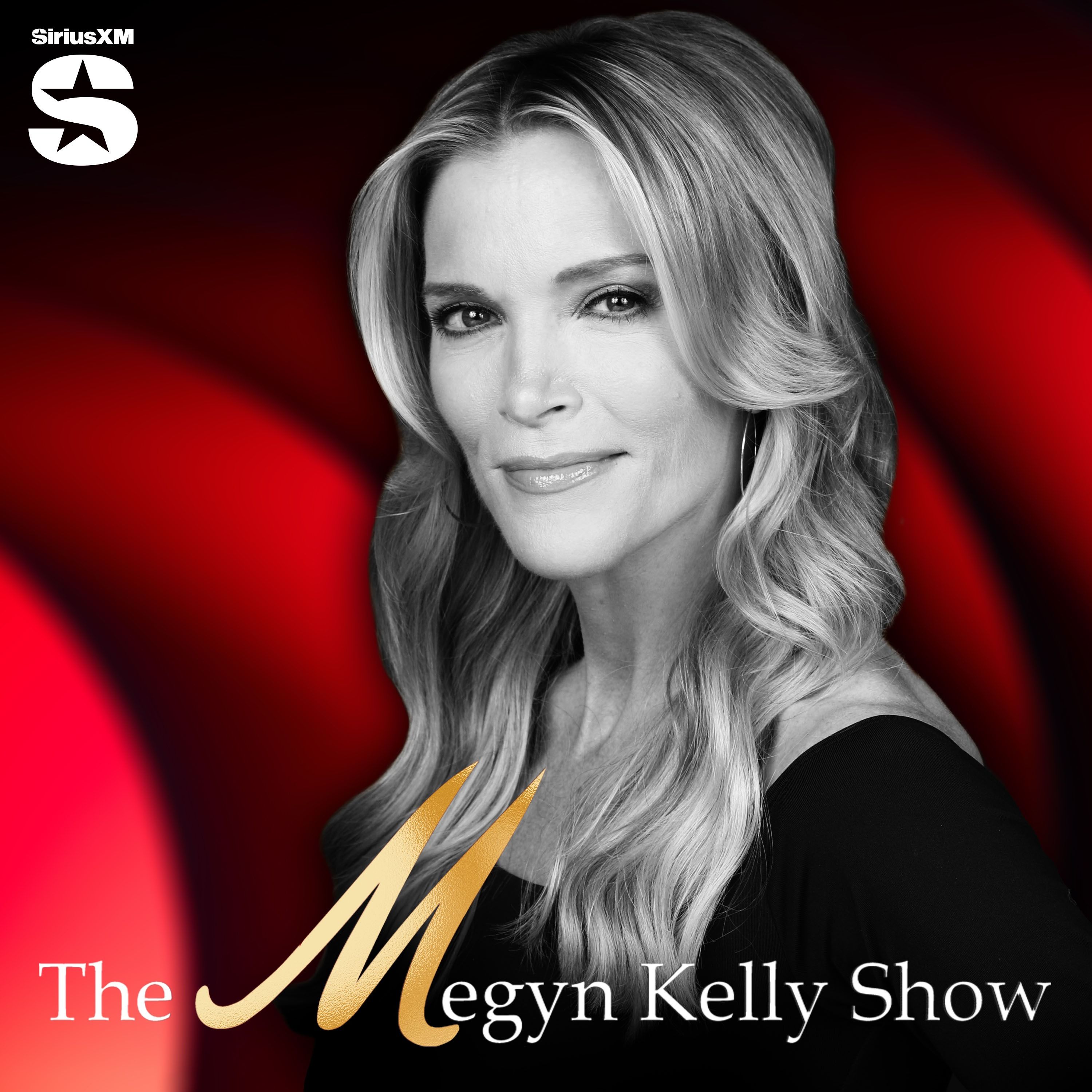
The Megyn Kelly Show
SiriusXM
Hidden Brain
Hidden Brain, Shankar Vedantam
The Tucker Carlson Show
Tucker Carlson Network
Cato Podcast
Cato Institute
The Joe Rogan Experience
Joe Rogan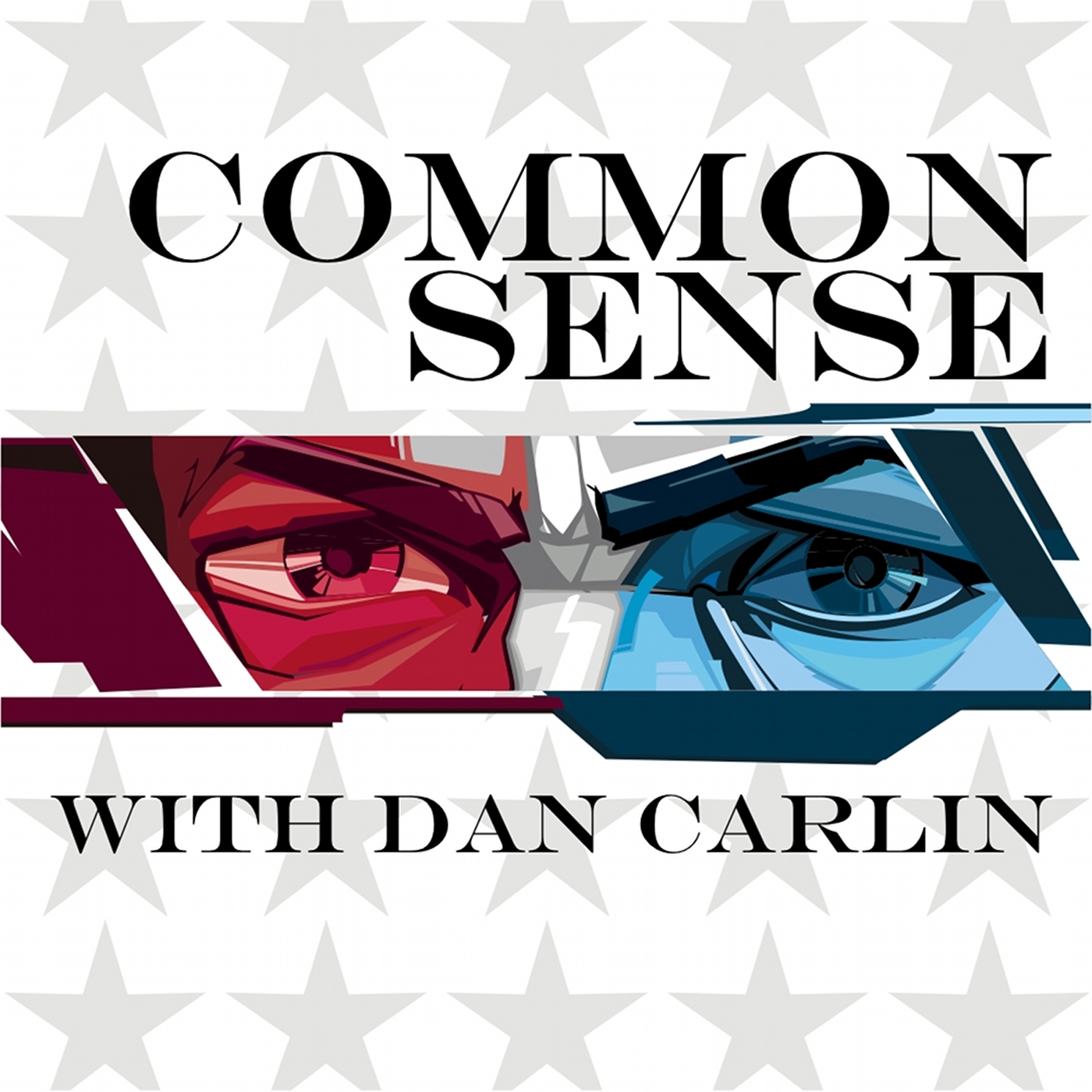
Common Sense with Dan Carlin
Dan Carlin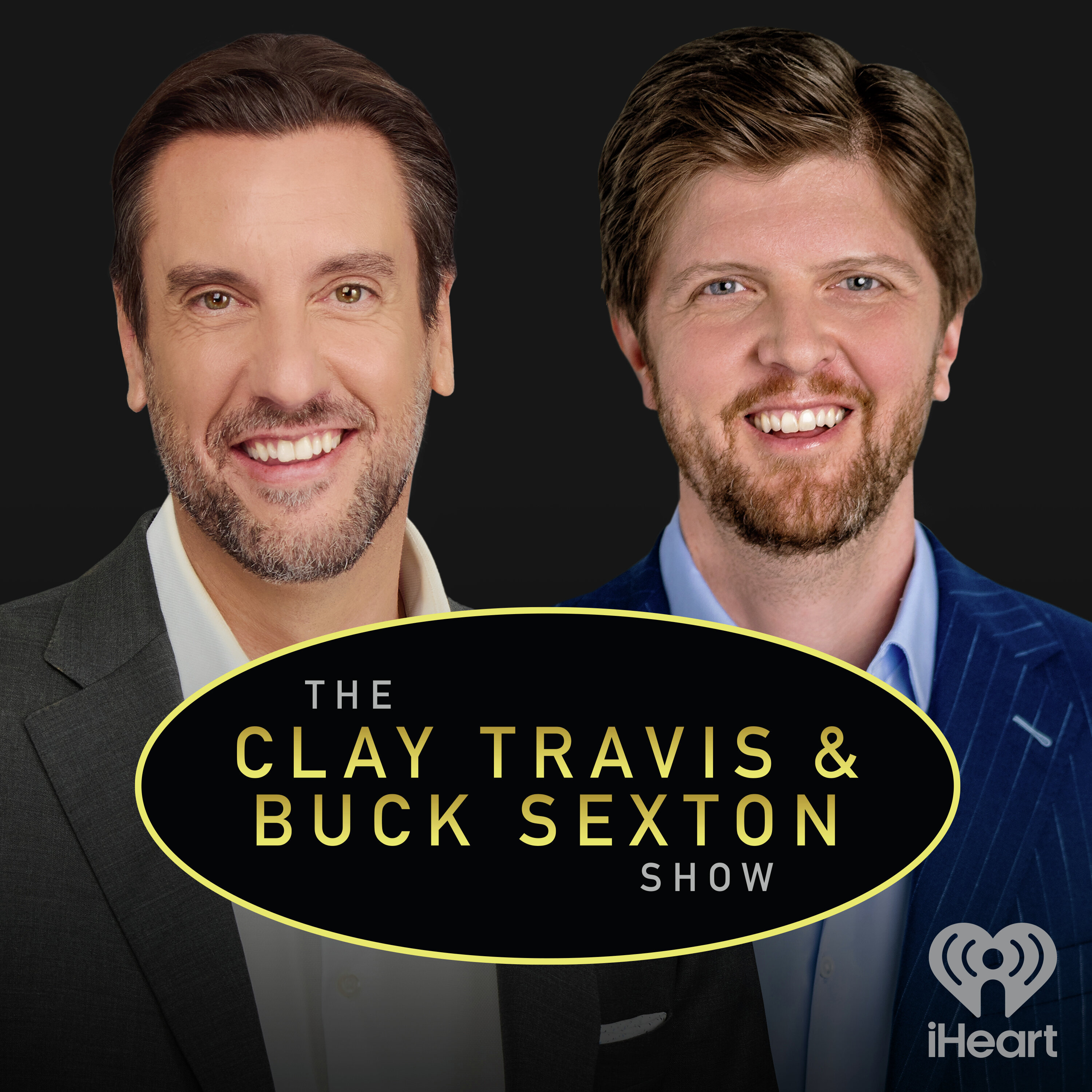
The Clay Travis and Buck Sexton Show
iHeartPodcasts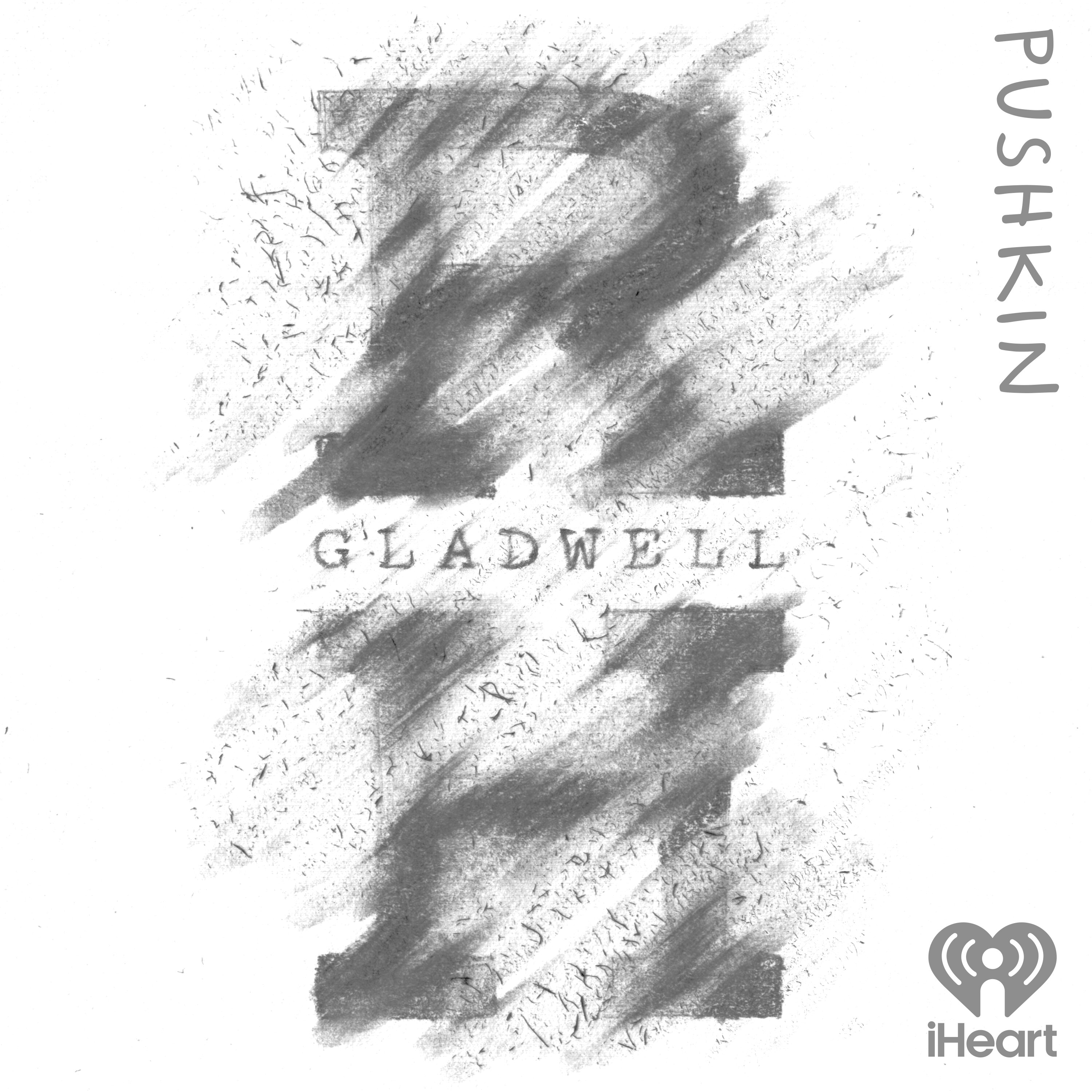
Revisionist History
Pushkin Industries
Freakonomics Radio
Freakonomics Radio + Stitcher
Fearless with Jason Whitlock
Blaze Podcast Network
The Daily Beans
MSW Media
The Glenn Beck Program
Blaze Podcast Network
Countermine
Dondi&Karlin
The Shawn Ryan Show
Shawn Ryan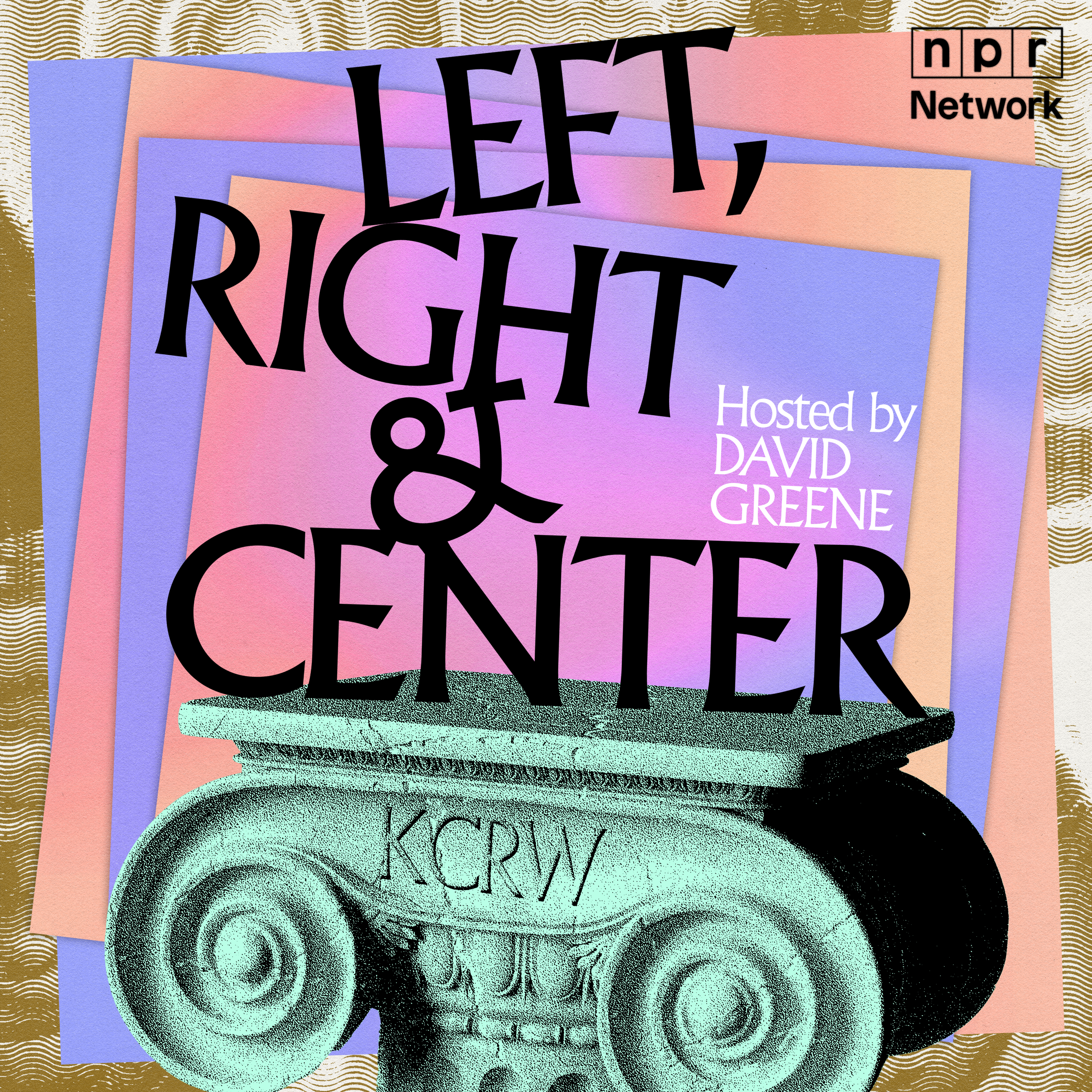
Left, Right & Center
KCRW
Political Gabfest
Slate Podcasts
Stuff You Should Know
iHeartPodcasts
TED Talks Daily
TED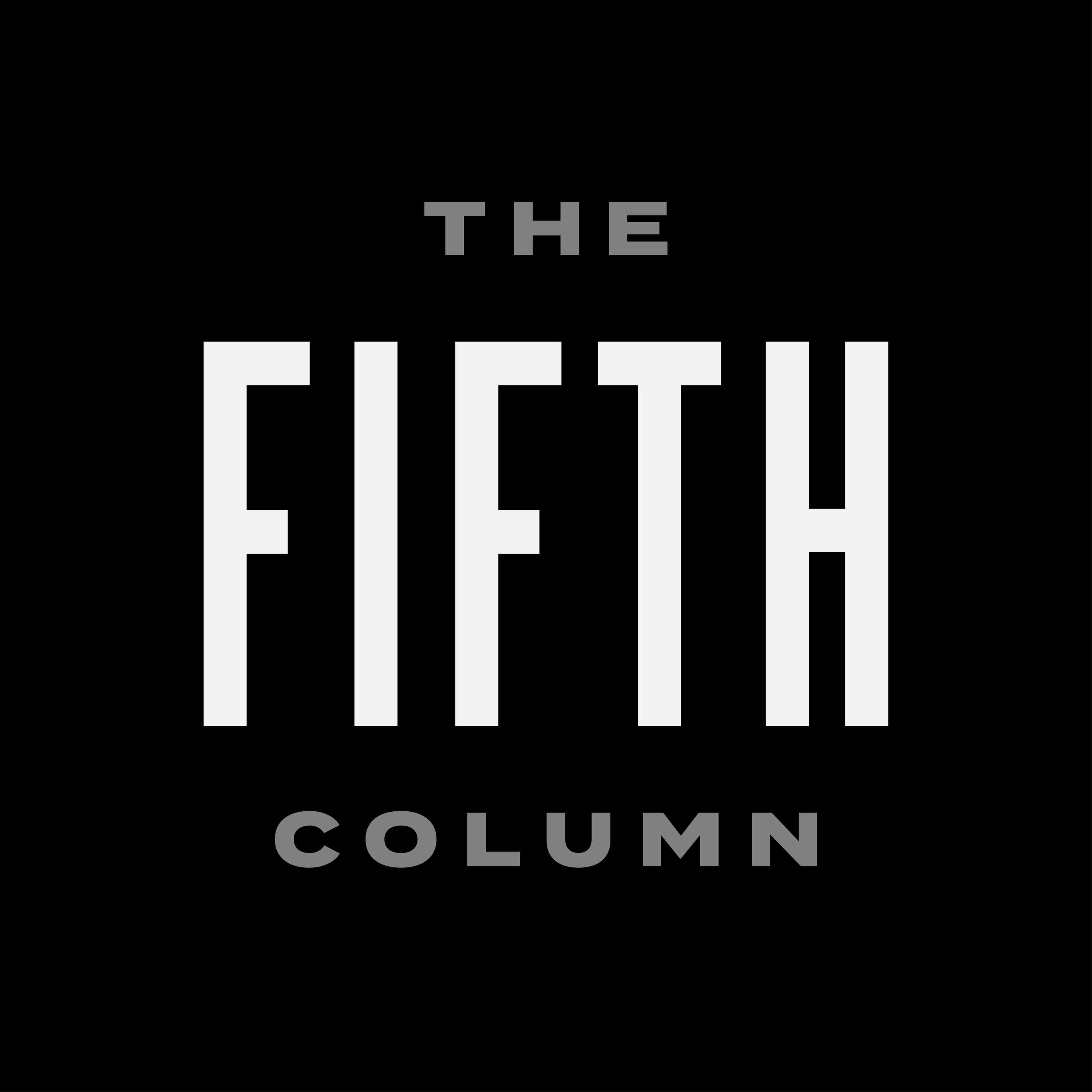
The Fifth Column
Kmele Foster, Michael Moynihan, and Matt Welch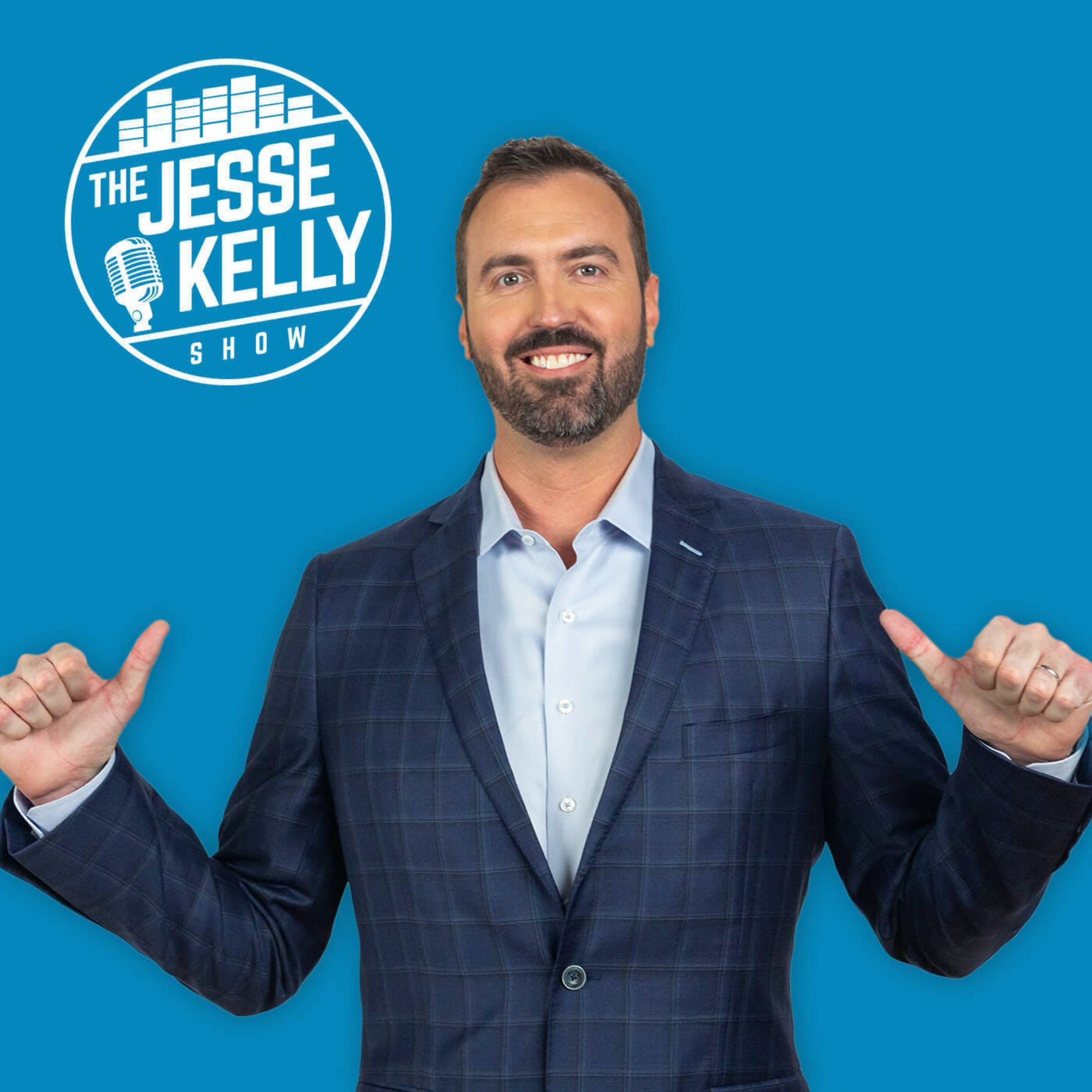
The Jesse Kelly Show
iHeartPodcasts
The Jordan B. Peterson Podcast
Dr. Jordan B. Peterson